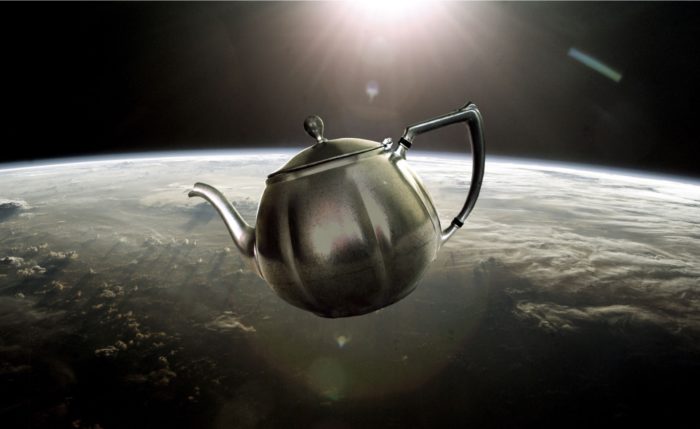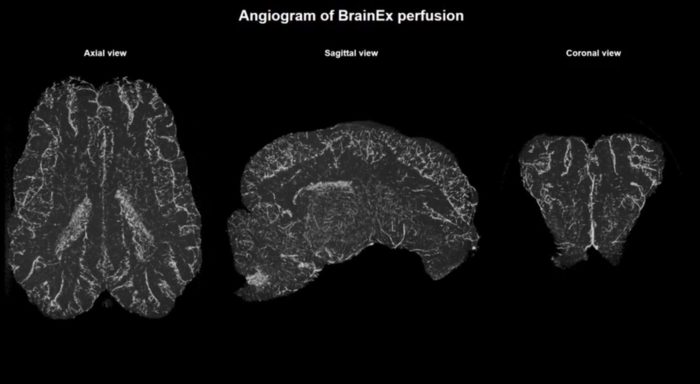Jan 15 2021
Multiverses and the Inverse Gambler’s Fallacy
 I was intrigued by an article in Scientific American by philosopher, Philip Goff, mainly because I disagree with his ultimate conclusion. He makes a very cogent logical argument, but I am having trouble with one piece of it. Here’s the quick summary:
I was intrigued by an article in Scientific American by philosopher, Philip Goff, mainly because I disagree with his ultimate conclusion. He makes a very cogent logical argument, but I am having trouble with one piece of it. Here’s the quick summary:
The core enigma is the fine-tuning problem with the universe. There are a number of physical constants, such as gravity, the charge of an electron, etc., and the behavior of stuff in the universe depends on the values of all these constants. The problem is that if the values of all these constants was not pretty much exactly what they are, then complex life would not be possible in our universe. Clearly complex life is possible, because we exist, so how do we explain the fabulously improbable physical laws of the universe? To put this into perspective, Goff points out that:
The physicist Lee Smolin has calculated that the odds of life-compatible numbers coming up by chance is 1 in 10229.
The notion that this just happened by chance, and that we are incredibly lucky to exist, is not satisfying. What are some possible explanations for this highly improbable fact? One is that some powerful being (i.e. God) made the universe with these precise values so that complex life could exist. This does not solve the problem, however, it just pushes back the mystery one step – for where did God come from? I also reject this answer as an obvious “god of the gaps” argument – filling in an unknown by invoking, essentially, magic. It gets us nowhere. Another possible answer is that there is some underlying reason for the laws of physics, a metalaw, that determines that these constants must have these values. We don’t know what this could be, but at least this is something to investigate.

 “There is a cult of ignorance in the United States, and there has always been. The strain of anti-intellectualism has been a constant thread winding its way through our political and cultural life, nurtured by the false notion that democracy means that ‘my ignorance is just as good as your knowledge.”
“There is a cult of ignorance in the United States, and there has always been. The strain of anti-intellectualism has been a constant thread winding its way through our political and cultural life, nurtured by the false notion that democracy means that ‘my ignorance is just as good as your knowledge.” Recently celebrity supporters of Extinction Rebellion, a protest group calling for aggressive action on climate change, signed a letter admitting to being hypocrites. They state:
Recently celebrity supporters of Extinction Rebellion, a protest group calling for aggressive action on climate change, signed a letter admitting to being hypocrites. They state: One experience I have had many times is with colleagues or friends who are not aware of the problem of pseudoscience in medicine. At first they are in relative denial – “it can’t be that bad.” “Homeopathy cannot possibly be that dumb!” Once I have had an opportunity to explain it to them sufficiently and they see the evidence for themselves, they go from denial to outrage. They seem to go from one extreme to the other, thinking pseudoscience is hopelessly rampant, and even feeling nihilistic.
One experience I have had many times is with colleagues or friends who are not aware of the problem of pseudoscience in medicine. At first they are in relative denial – “it can’t be that bad.” “Homeopathy cannot possibly be that dumb!” Once I have had an opportunity to explain it to them sufficiently and they see the evidence for themselves, they go from denial to outrage. They seem to go from one extreme to the other, thinking pseudoscience is hopelessly rampant, and even feeling nihilistic. Democracy, in a very real sense, is math. The point is to aggregate decision-making in order to arrive at the fairest outcome for the greatest number of people. Andrea Jones-Rooy, who spoke at NECSS this year, gave a great lecture about this. Here is
Democracy, in a very real sense, is math. The point is to aggregate decision-making in order to arrive at the fairest outcome for the greatest number of people. Andrea Jones-Rooy, who spoke at NECSS this year, gave a great lecture about this. Here is  The BBC reports a case
The BBC reports a case  Weird things happen to most people at some point in their lives, and if not to you directly than probably to someone you know. But what is the ultimate meaning to such coincidences? They may seem amazing, and psychologically scream out for an equally amazing explanation.
Weird things happen to most people at some point in their lives, and if not to you directly than probably to someone you know. But what is the ultimate meaning to such coincidences? They may seem amazing, and psychologically scream out for an equally amazing explanation. Authenticity is a tricky concept when it comes to people, and is increasingly being challenged both in psychology and even with regard to physical objects (with regard to objects, the value rather than reality of authenticity is questioned). Writing for Scientific American, psychologist Scott Barry Kaufman
Authenticity is a tricky concept when it comes to people, and is increasingly being challenged both in psychology and even with regard to physical objects (with regard to objects, the value rather than reality of authenticity is questioned). Writing for Scientific American, psychologist Scott Barry Kaufman 
 I turns out they were only “mostly dead.” Well, it depends on your definition of death.
I turns out they were only “mostly dead.” Well, it depends on your definition of death.




